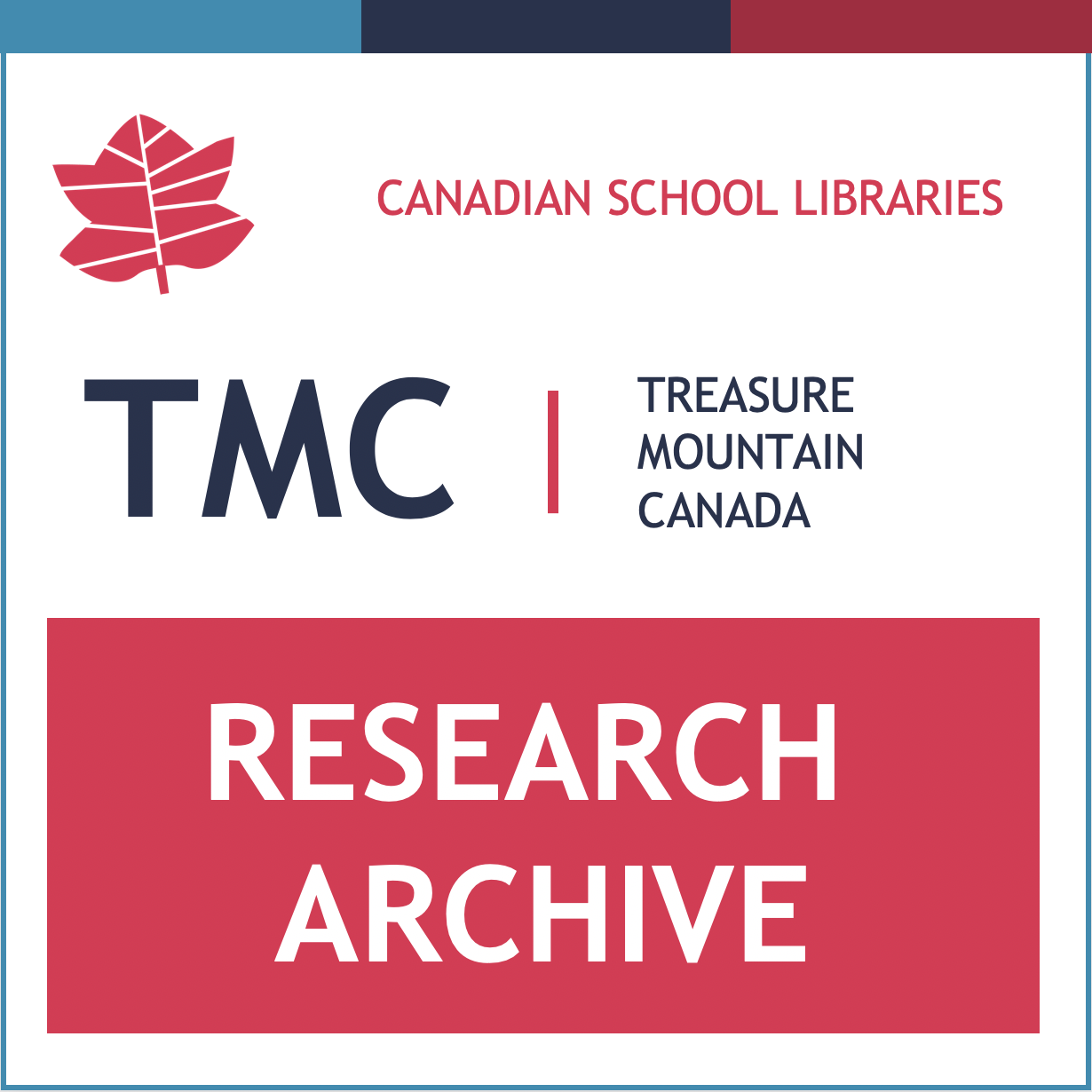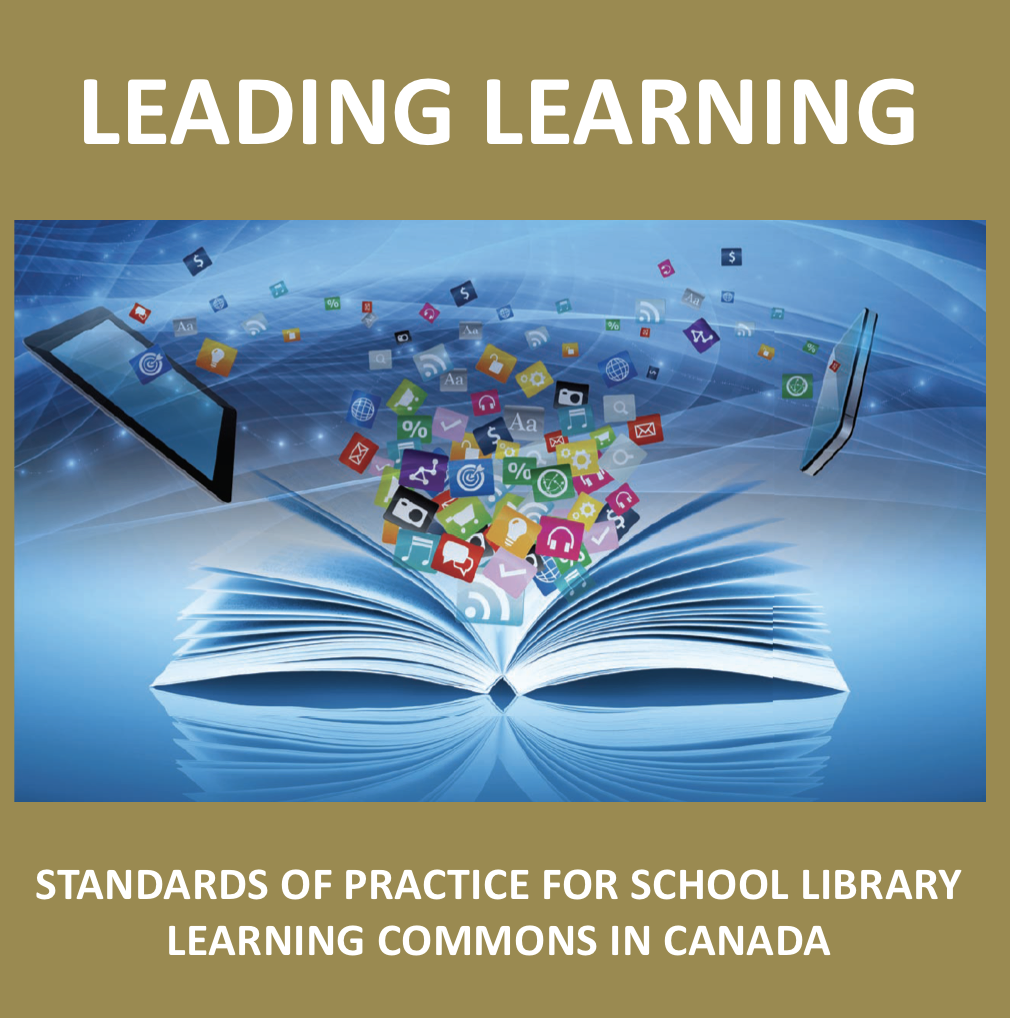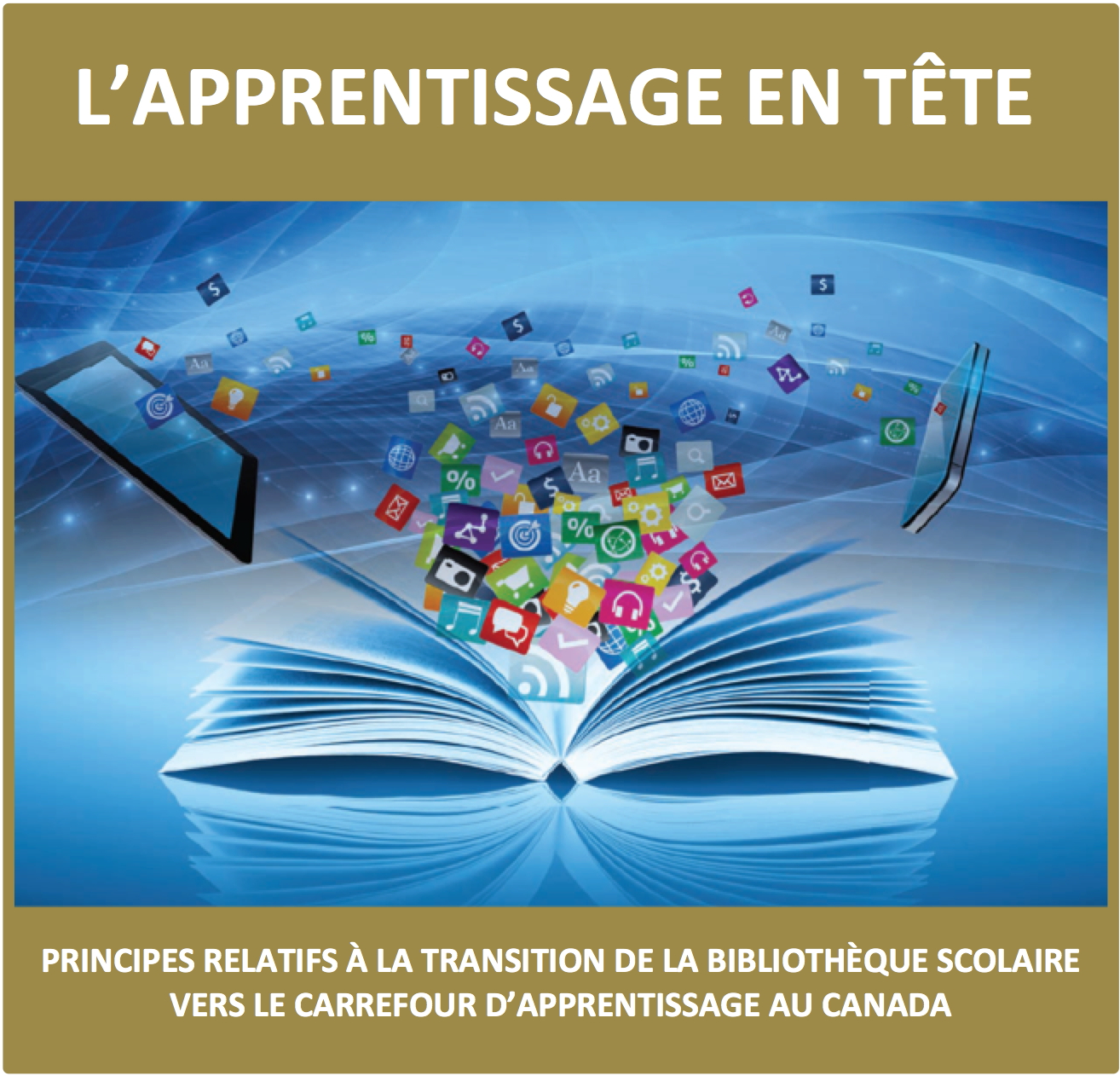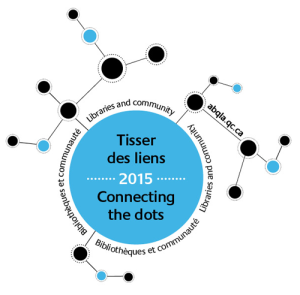 Yesterday I had the pleasure of attending the conference of L’Association des bibliothécaires du Québec / Quebec Library Association in Montréal. The theme of the conference was Libraries and Communities: Connecting the Dots, and the day did just that for me.
Yesterday I had the pleasure of attending the conference of L’Association des bibliothécaires du Québec / Quebec Library Association in Montréal. The theme of the conference was Libraries and Communities: Connecting the Dots, and the day did just that for me.
Every presentation that I attended came back to the theme of how today’s libraries are not only driven by the evolving needs of the communities they serve, but are shaped by the community itself. Every presenter I had the pleasure of seeing passionately explained how they were finding new and innovative ways to respond to the needs and aspirations of their constituent communities in previously unimagined ways. People are re-creating their libraries as community hubs, and librarians are re-creating themselves as partners in the journey.
The conference got off to a rousing start with Sharon “Smitty” Miller of the Fraser Valley Regional Library in British Columbia. Smitty is the brains behind FRVL’s Libraries Live and on Tour. Lili – a so unbookmobile-like vehicle and the centrepiece of the initiative, delivers the library’s services to people in the community who do not know about libraries or who have an obstacle to getting there. Part public relations, but mostly community development, Libraries Live and on Tour inspires us to express the mission of libraries in new ways for our new contexts. In the introduction to the conference program, ABQLA president Shannon Babcock asks, “How can we better serve and engage those we haven’t reached?” Smitty Miller and FRVL take that question very seriously, and their dedication to finding the answer is very inspiring.
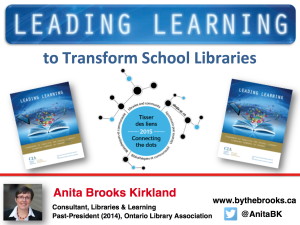 I got my turn to present at the conference, introducing the Canadian Library Association’s Leading Learning: Standards of Practice for School Library Learning Commons in Canada. These standards are about how every school library can evolve in a purposeful way to meet the needs of learners. They help us think about everything that we do through the filter of how it will impact the learners in our schools. My audience included people from every library sector, with the majority being from schools. Presenting Leading Learning in Quebec was very inspiring to me personally. School libraries there are organized and supported differently than those in Ontario. Our conversation yesterday affirmed my sense that Leading Learning is indeed adaptable to multiple contexts, and useful to us all as we re-position school libraries for the future.
I got my turn to present at the conference, introducing the Canadian Library Association’s Leading Learning: Standards of Practice for School Library Learning Commons in Canada. These standards are about how every school library can evolve in a purposeful way to meet the needs of learners. They help us think about everything that we do through the filter of how it will impact the learners in our schools. My audience included people from every library sector, with the majority being from schools. Presenting Leading Learning in Quebec was very inspiring to me personally. School libraries there are organized and supported differently than those in Ontario. Our conversation yesterday affirmed my sense that Leading Learning is indeed adaptable to multiple contexts, and useful to us all as we re-position school libraries for the future.
It didn’t take long for me to see that adaptability in action. School librarians Julia Stark and Nicholas Warren from the English Montreal School Board told their stories about using learning commons thinking to meet the needs of harder-t0-reach students. Julia told us about how she engaged students in reading and finding a place in the library through finger knitting! Having had lots of experience with the type of classes she described, I can only say I wish I had thought of that a few years ago! Nicholas commutes to and between alternate schools serving at-risk students. His story is about establishing trust and relationships in this challenging context, and it is very clear that he is indeed having an impact on learning.
I have created a page on this website to share my ABQLA conference presentation, and have also provided links to all sorts of supporting resources. Please take a look!
The final keynote address of the day was from Aaron DeVries (@aaron_devries), who told about Ontario’s Innisfil Public Library’s ideaLAB (Look under the Make menu – every library website should have one!). The initiative is remarkable and inspirational. Aside from the impressive new facility housing ideaLAB, what I found most remarkable was how Innisfil Library has engaged in 180 degree thinking. The community is discovering the library as a creative space and a community hub, and are creating a library to meet their own evolving needs.
I had a personal revelation during this presentation about extending our school library learning commons philosophy of everyone seeing themselves as a learner to the next step – developing true hacker thinking. I’ve always said that my favourite sentence as a teacher-librarian was, “I don’t know – let’s find out!” To me, hacker thinking takes that thought and kicks it up a notch to getting in there, tinkering and experimenting. I think I do that already – now I need to assimilate the idea more thoroughly for application in the school library.
Many thanks to ABQLA’s Shannon Babcock and Sonia Smith for inviting me to this conference. It was truly delightful. I learned a lot, connected quite a few dots, and got to enjoy beautiful Montreal and the remarkable weather!







